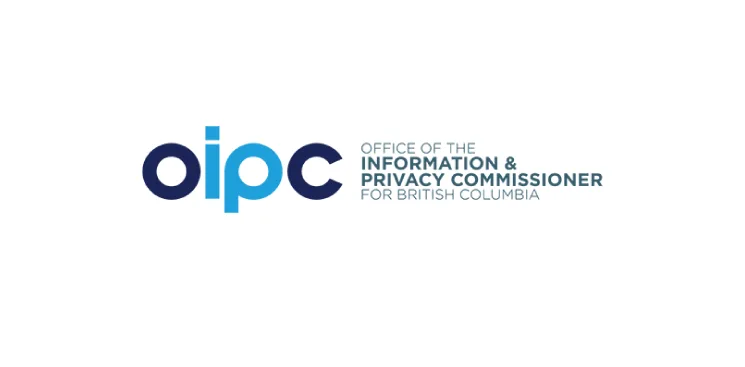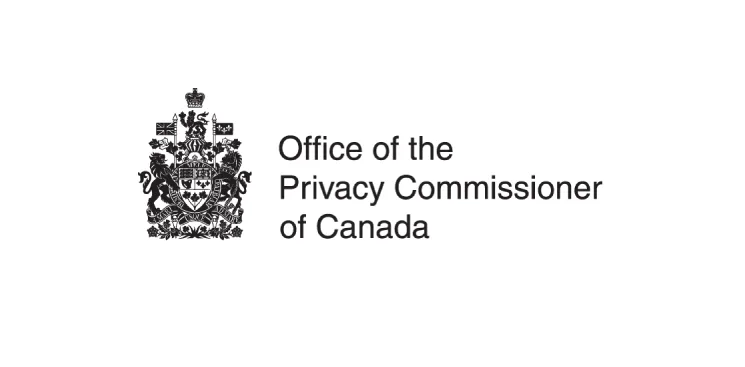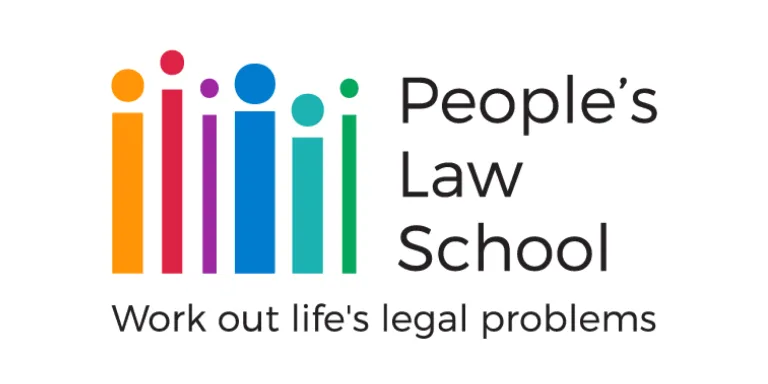Your privacy rights at work

People expect to have some privacy at work. At the same time, an employer needs to know what’s going on in their workplace. There’s a delicate balance in play. Learn your privacy rights at work.
What you should know
In BC, there are two main privacy laws that apply to employers. There are some differences between them, so it’s useful to know which one applies.
One law (called “PIPA” for short) covers BC employers in the private sector, including non-profits. Another law covers BC government employers.
Different laws apply if you work for the federal government or in a federally-regulated industry (like banking or telecommunications).
The guidance offered here focuses on PIPA. In other words, it’s meant for people who work in the private sector in BC (including for non-profits).
If you don’t fall into this category, our in-depth coverage of privacy rights can guide you to information that applies to you. See our in-depth page on privacy rights at work.
Every BC employer must have a privacy policy. The policy must set out how the employer will meet its privacy obligations. The policy must be easily available to workers.
At a minimum, the privacy policy should cover:
how (and why) they collect, use, and share personal information
how you can access your personal information, and correct mistakes
a process for responding to privacy complaints
responsible use of IT
Privacy laws kick in to protect you even before you’re hired.
Employers must keep private any information they collect from you during the hiring process. That includes the information in your résumé, if you submit one.
An employer can collect personal information from you that is reasonable for the purposes of hiring you. That typically includes your qualifications, education, experience, knowledge and skills.
But it doesn’t include your social insurance number. If they ask for your SIN during the hiring process, you can refuse.
An employer can ask for your consent to a background, criminal record, or credit check. But only if the information is necessary for the job. You can refuse consent. But if you do, it’s open to the employer to decide not to hire you.
Two areas where privacy rights often come into play at work are health information and use of technology.
Your employer can’t see your health information without your consent. They can ask to see your health information, but they must show it’s reasonable to do so. For example, to ensure you’re fit to work or to accommodate your needs.
You can say no. But there may be consequences. For example, you may be held out of service or your disability may not be accommodated.
Employers have the right to monitor use of work computers. They may do this to ensure workers follow the workplace computer policy, or to improve security. (They should have a computer policy in place before using monitoring software.)
If your employer installs video cameras in your workplace, they need some justification. It may be to keep workers safe or protect company property. Video surveillance to monitor worker productivity is not a reasonable use.
We have more on privacy rights at work. See our in-depth coverage of this topic.
Work out the problem
There are steps you can take if you’re concerned about your privacy at work.
Step 1. Let your employer know your concern
Step 2. Wait 30 days for a response
Step 3. Complain to the privacy commissioner
Step 1. Let your employer know your concern
The first step is to reach out to your employer. Put your concerns in writing. Be specific about the details to help them understand your position.
Step 2. Wait 30 days for a response
Give your employer at least 30 business days to respond. If you don’t, the privacy commissioner may not accept your complaint.
Step 3. Complain to the privacy commissioner
If you don’t hear back from your employer, or you aren’t satisfied with their response, you can make a complaint to the BC privacy commissioner.
You must make your complaint in writing. You can send a letter or email. Or use a form provided by the privacy commissioner.
The privacy commissioner will review your complaint and decide whether to open a file. If they decline, you’ll receive a letter explaining why. If your complaint is accepted, the commissioner will investigate and make a finding.
We have more on these steps, as well as your privacy rights at work. See our in-depth coverage of this topic.
Who can help
Consider contacting these agencies for help if your privacy rights are violated.

Office of the Information & Privacy Commissioner for BC
Investigates complaints against BC employers who violate your privacy rights.

Office of the Privacy Commissioner of Canada
Investigates complaints concerning violations of federal privacy laws.

BC Legal Referral Service
Helps you connect with a lawyer, notary or paralegal for a free 15- to 30-minute consult to see if you want to hire them.

Access Pro Bono's Legal Advice Clinics
Volunteer lawyers provide 30 minutes of free legal advice to people with low or modest income.
This information from People’s Law School explains in a general way the law that applies in British Columbia, Canada. The information is not intended as legal advice. See our disclaimer.
Related
On Dial-A-Law
Dial-A-Law has more information on Rights at work in the section on Work.

